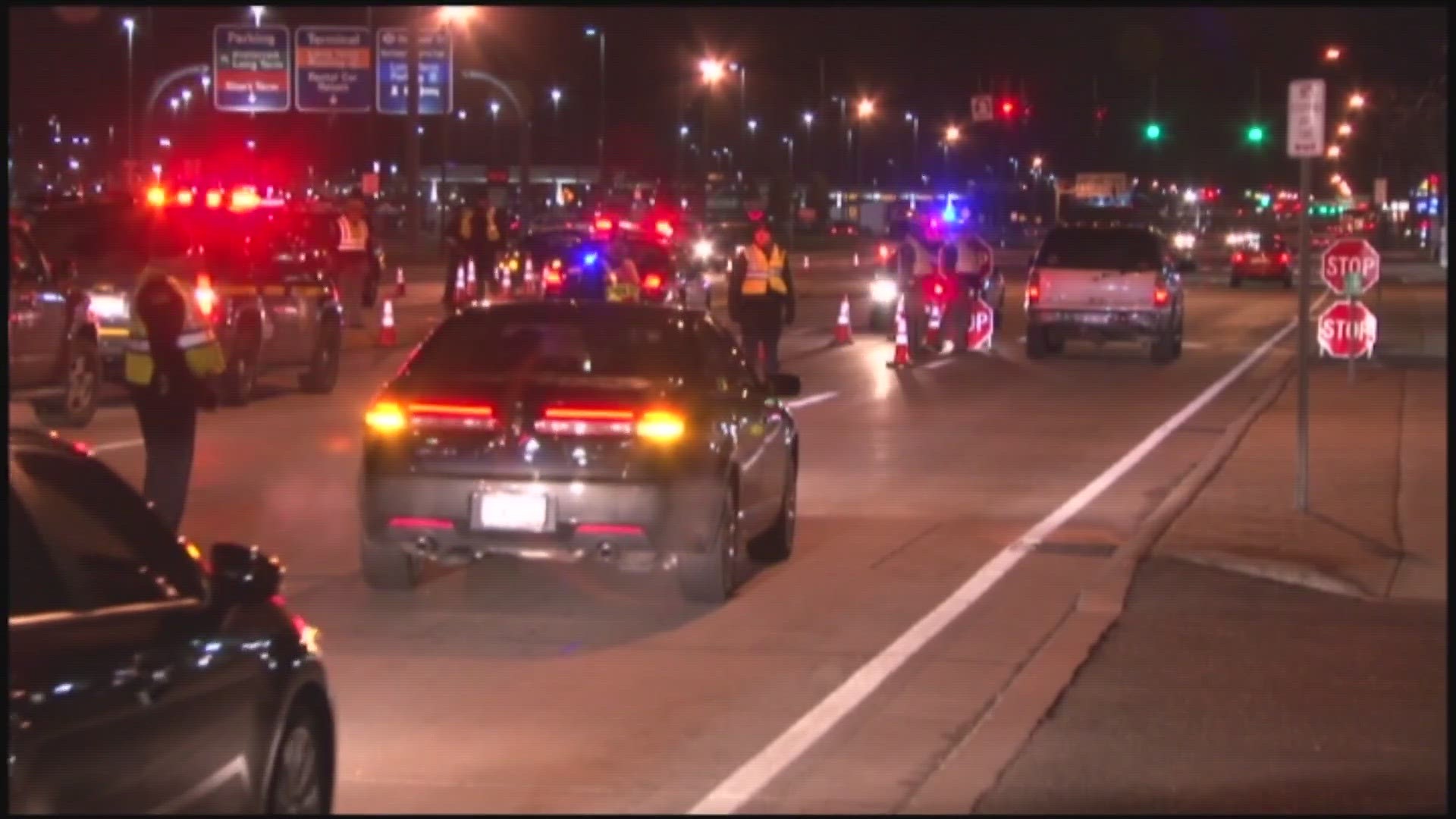ALBANY, N.Y. — If you plan on getting high on 4/20, be sure to have a designated driver.
New York Gov. Kathy Hochul announced Wednesday that state and local police will have added patrols looking for drug-impaired driving.
"Drug-impaired driving is a reckless, dangerous choice that puts everyone on our roadways at risk," Governor Hochul said in a released statement. "To avoid the deadly consequences, do not get behind the wheel and always make sure to have a travel plan to get home safely."
Driving under the influence of drugs, including cannabis is illegal in New York State.
Police officers are trained as Drug Recognition Experts to recognize those who are driving under the influence of drugs.
"Drug-impaired driving causes thousands of injuries and deaths each year. Unfortunately, few people recognize the dangers of operating a motor vehicle while under the influence of drugs. Even if you feel fine, do not get behind the wheel. The New York State Police reminds all motorists that although adult recreational use of cannabis is legal, it is still illegal to drive while impaired," said New York State Police Acting Superintendent Steven A. Nigrelli.
"Impaired driving is 100 percent preventable. While adult use of cannabis is legal, driving under the influence of it, is not. Getting behind the wheel after using cannabis can slow your reaction time, and impair coordination and your ability to make quick decisions, thereby putting yourself, your passengers, and other motorists at risk. The consequences could be deadly. If you're consuming cannabis, don't drive high. Have a plan to stay off the roadways," said Department of Motor Vehicles Commissioner and GTSC Chair Mark J.F. Schroeder.
The U.S. Department of Transportation's National Highway Traffic Safety Administration (NHTSA) offers these safety tips and reminds people to not get high and drive:
- If you're planning to consume cannabis, do not drive. Designate a sober driver who won't be consuming or use public transportation or a ride-sharing service. Someone who's high shouldn't be making decisions about driving; that's why planning is key.
- According to NHTSA, between 2009 and 2018, of those drivers killed in crashes and tested, the presence of cannabis had nearly doubled.
- In 2018, 46 percent of drivers who were killed in crashes and were tested for drugs, tested positive.
- It doesn't matter what term you use: If a person is feeling a little high, buzzed, stoned, wasted, or drunk, he or she is impaired and should never get behind the wheel.
- In every U.S. state and territory, it is illegal to drive under the influence of drugs — no exceptions.
- Whether the drug is legal or not, drug-impaired driving poses a threat to the driver, passengers, and other road users.
- If you think driving high won't affect you, you are wrong: It has been shown that cannabis can slow reaction times, impair cognitive performance, and make it more difficult for drivers to keep a steady position in their lane.
- Your best defense against impaired drivers on the road is your seat belt. Wear it on every trip, and make sure your passengers do, too.
How much does it cost if you're charged with impaired driving?
Here is what the governor's office says:
- An impaired driving charge could set you back $10,000 in attorney's fees, fines, court costs, lost time at work, higher insurance rates, towing fees, and more.
- If you're caught driving under the influence of any impairing substance, you can face jail time.
- Drug-impaired driving could cause you to lose your driver's license and your vehicle. This could stop you from getting to work, resulting in lost wages and, potentially, job loss.
RELATED STORY:

